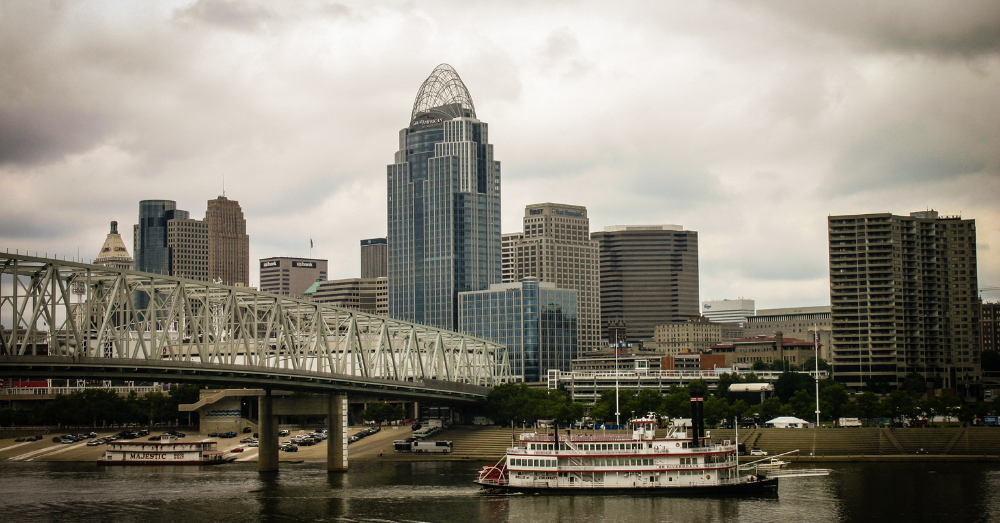Under Surveillance
Law enforcement agencies nationwide are turning to high-tech tools to keep communities safe. Discover how cities like Louisville, KY, leverage technology and how the public responds below.
We may not have flying cars yet, but much of today’s technology sounds like it’s coming out of a sci-fi movie. From Louisville, KY, to Fresno, CA, these police departments are making the most of the available tech to keep residents safe, but at what cost?
Louisville, KY, Plans to Deploy New Drones
According to GovTech, Louisville, KY, is obtaining FAA approval to deploy autonomous drones for a genuinely unique purpose: the city plans to use them to respond to real-time gunfire alerts, providing aerial videos to police as soon as the incidents occur.
While the plan’s proponents believe it will improve public safety, some people are concerned about how the program could impact residents’ and visitors’ right to privacy.
New Orleans, LA, Reinstates Facial Recognition
Few people would argue that gunshot-response drones are a good use of modern technology, but there is much debate surrounding the use of facial recognition for policing.
In 2020, New Orleans, LA, banned the practice due to civil rights concerns about racial bias. In 2022, the city reinstated the limited use of this advanced technology, showing that public outcry isn’t always enough to stop the march of progress.
Chicago, IL, Has an AI Surveillance Network
The Internet of Things has led to a proliferation of sensors and monitoring devices. Chicago now uses sensor networks to monitor environmental and social data to support public safety.
The city instituted the network as part of its broader smart city strategy, including predictive policing tools. Predictive policing tools have attracted the attention of civil rights groups due to their racial bias, causing some residents to question their use in Chicago.
Detroit, MI, Uses High-Def Cameras to Monitor Crime
The Detroit Police Department has drawn significant criticism from the ACLU and other human rights organizations for using high-definition cameras mounted outside private businesses.
The Detroit Police Department has direct access to the footage, which has prompted many arrests. However, the use of the technology has also prompted much criticism from those who believe the right to privacy trumps the technology’s potential efficacy as a public safety tool.
Fresno, CA, Ends Use of Predictive Policing Software
In New Orleans, public backlash to the use of advanced tech by local police led only to short-term changes. Eventually, those in charge erred on the side of public safety, a typical result in debates surrounding the use of advanced technologies to support policing efforts.
In Fresno California, substantial public outcry led the city to quietly drop its use of “Beware,” a predictive policing software program that uses data to create threat scores for residents placing emergency calls.
Chula Vista, CA Implements Drone-As-First-Responder Program
Chula Vista is a national leader in the use of police-operated drones. The city has already completed over 20,000 missions as part of its drone-as-first-responder program. Uses for the technology range from traffic stops to finding missing persons.
The situation in Chula Vista is more complex than in some of the cities described above. The technology doesn’t just support necessary police operations. It has also been effective at de-escalating situations and enhancing public safety.
What’s the Future of Technology in Policing?
Although the debate rages on in cities around the country surrounding the use of advanced technologies in modern police departments, the general trend is toward their increased adoption.
As technology advances, it could help alleviate some Americans’ understandable concerns about privacy and transparency. In the meantime, the tension between innovation and civil liberties continues to rear its ugly head, creating regulatory hurdles and much debate.



